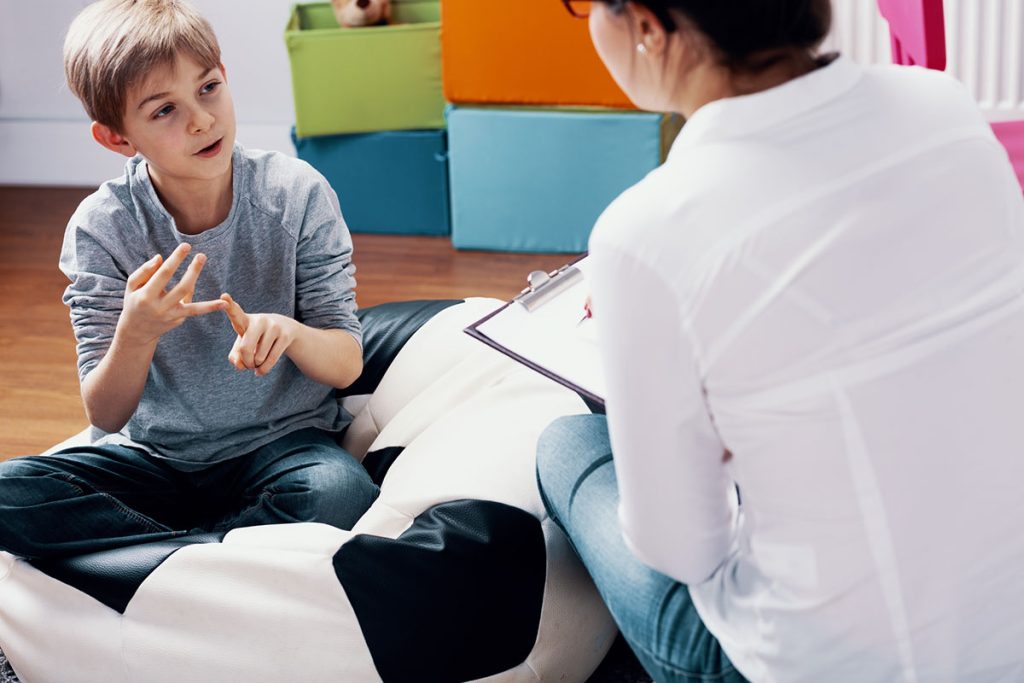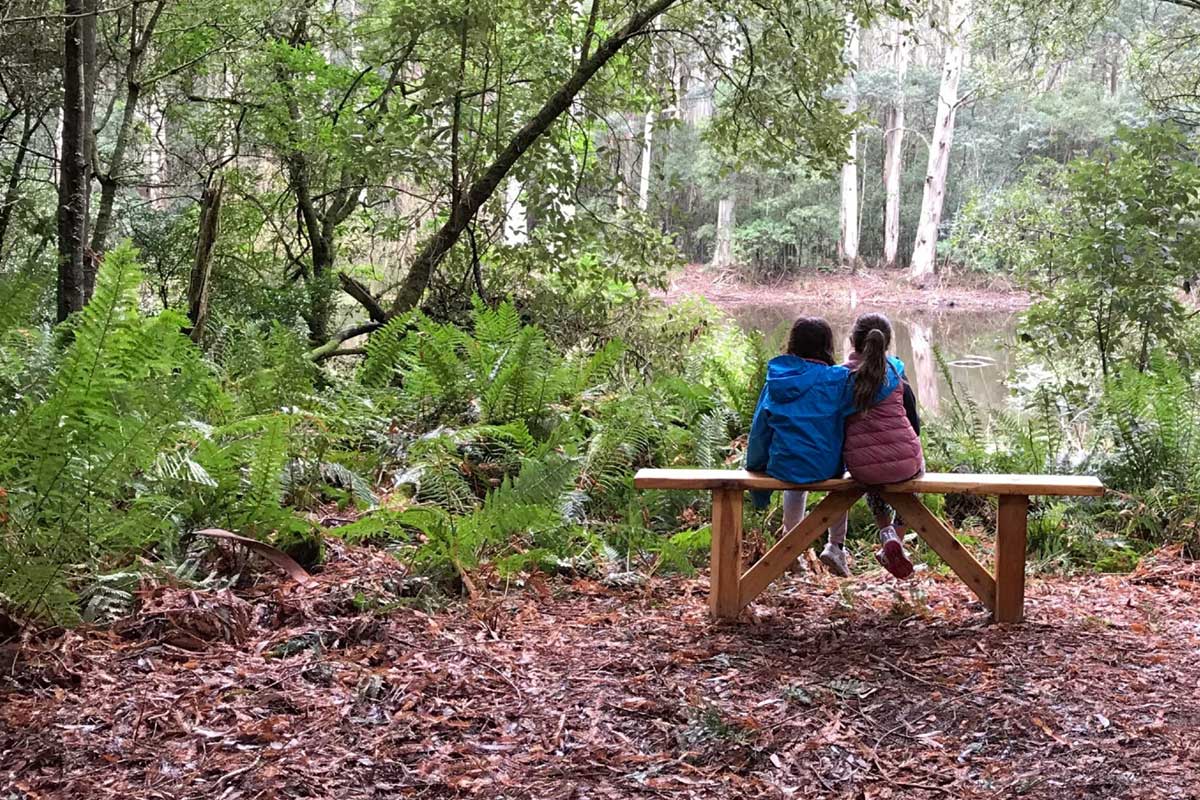You may have heard about the explosion in prescriptions for ADHD medications in Australia and wondered what’s behind it. You might even be alarmed – and rightly so. ADHD can easily be overdiagnosed, which can lead to a danger of medication overprescribing.
The solution lies in going beyond the criteria to take a holistic approach to ADHD assessment, diagnosis and treatment. This requires an understanding of the child and their development within the context of their family.
Before exploring this further, let’s look at some reasons behind this massive increase in stimulant prescription.
COVID-19 and ADHD
COVID lockdowns and home-schooling probably revealed the difficulties in many children. But there’s more to the picture. Part of the criteria for ADHD diagnosis is impulsivity. We can understand this as emotional reactivity to situations.
During COVID, parents and kids were at home together for much longer periods than usual. This meant parents often saw ADHD symptoms, such as angry responses that occurred in the context of setting boundaries.
Moreover, parents may have had to work with kids around, challenging family relationships. If there were already difficulties in that relationship, these were intensified. And if a parent was stressed or experiencing a mental health condition, they may have had difficulties regulating their own emotions – making it harder to tolerate a child who’s in their face. The parent’s understandable frustrated response would likely have further magnified the child’s symptoms.
Furthermore, an ADHD diagnosis requires symptoms to be present in at least two settings – usually at home and at school. This provides a cross check that symptoms are not just the perception or opinion of a parent. COVID complicated things because parents were saying, “the teacher hasn’t seen enough – they don’t know my child.” So, diagnostic accuracy was challenged, but it’s hard not to treat the stress in the parent or family caused by the child’s symptoms.
ADHD guidelines recommend using options other than medication to manage mild to moderate symptoms, and medication for more severe symptoms. But what are severe symptoms of ADHD? Often, it’s the anger symptom – the oppositionality and defiance – that causes the most distress in the parent-child relationship. As a Parent Support Service, our priority is preserving the parent-child relationship, and treating the child’s symptoms with medication can make a big difference if it works.
While a 2000% increase in prescribing is far from normal, it doesn’t mean medication is wrong or being misused. What it does highlight is the need to rethink how we manage ADHD.
A better way: An integrated approach to managing ADHD in children
A better approach to ADHD assessment and treatment involves looking at the child holistically. Before I explain what that involves, it helps to understand a bit more about how and why ADHD develops.
ADHD isn’t like an infection. It’s not something you can simply diagnose, treat with medicine, and expect to go away. Rather, it results from delayed brain development related to a combination of genetic and experiential factors.
Two main brain areas are responsible for our emotions and behaviours. One lies deep in the brain and develops first. It’s known as the limbic system or emotional centre. The second is our frontal lobe, which develops later, especially the dorsolateral prefrontal cortex which is responsible for ‘executive function’ and the area implicated in ADHD.
Genetics partly determine how quickly this higher order system develops. But we also know stress can switch off this area of our brain, causing us to function only from our emotional centre. If you combine this with the fact our brain works on a ‘use it or lose it’ basis, repeated stressful experiences through our upbringing can delay the development of our regulation systems.We therefore become more emotional creatures, operating on our fight, flight and freeze responses rather than those which enable us to be logical, connected, and engaged.
If we don’t understand ADHD from a brain development perspective, it can lead to over-prescription and over reliance on medication. Taking a holistic approach helps to avoid this. Medication can also be more effective when it’s used in the context of other treatment approaches.
Parents as ADHD coaches
Recent ADHD guidelines talk about using non-pharmacological ADHD treatments in the first instance. These include lifestyle changes, parent training (which we specialise in), individual cognitive behavioural therapy and ADHD coaching.
Who is better placed to coach a child with ADHD than their parent? A parent can do everything a professional coach can – like setting goals and collaborating with their child to achieve them. It’s important to have realistic expectations based on your child’s brain development. Remember, your kids are doing the best they can.
At Relational Minds, we help families understand the story behind your child’s symptoms and the elements affecting their development. Your relationship with your child has the power to influence their brain and emotional growth.
Our parent and family training arms you with knowledge and therapeutic parenting skills to help you become the best possible coach to support your child’s healthy development.




